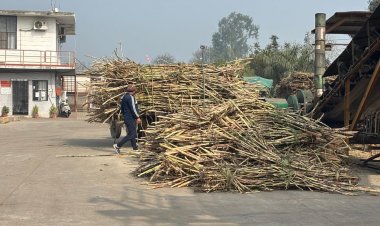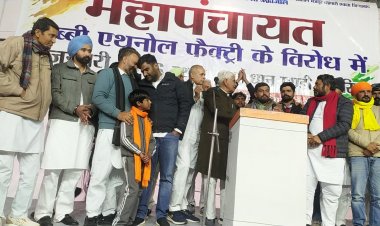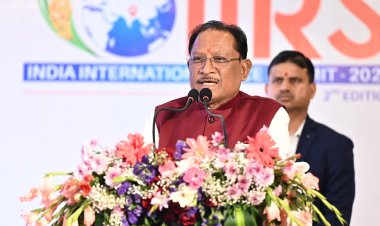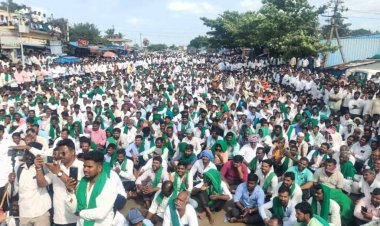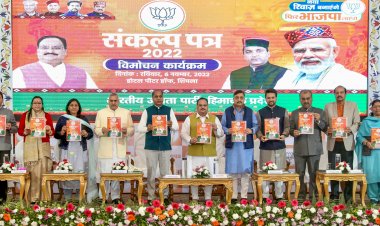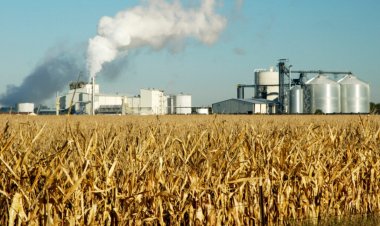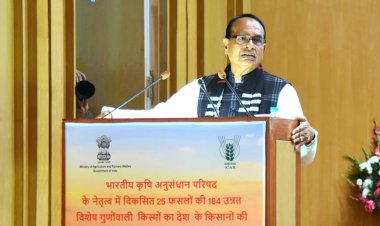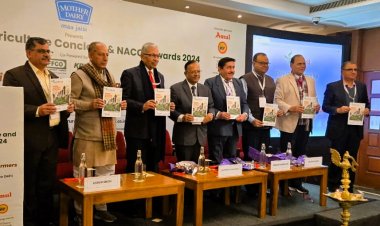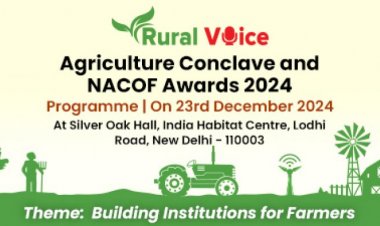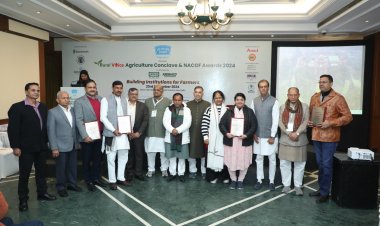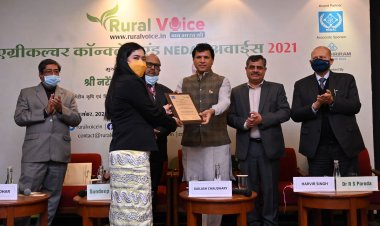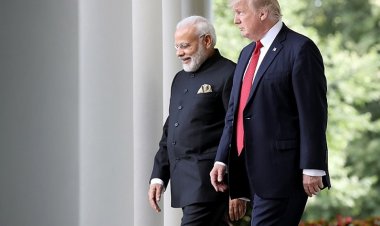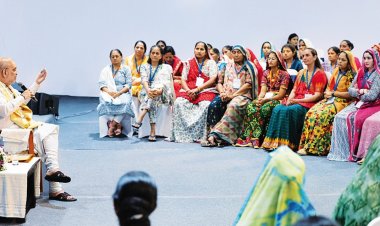Trade plastic trash with cash, blockchain-secured tokens in Varanasi
The Uttar Pradesh government has facilitated the setting up of a novel Plastic Bank in Varanasi to trade unwanted plastic waste with money and other rewards, thus turning the adversity into a welcome opportunity.
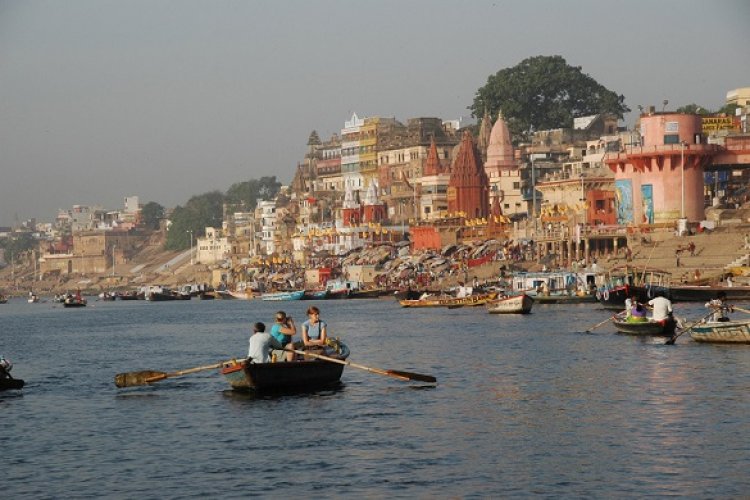
Lucknow / Apr 6, 2021
Environmental pollution, particularly yielded by plastic, is a pandemic that not only predates the deadly Covid-19 but is also by nature more harmful for humans in the long run and stubborn to curb from the face of the earth.
The tango of utter neglect by authorities and sinful callousness by the people continues to play out globally, leading to the incremental degradation of ecology and the concomitant impact on our health.
Whilst awareness programmes and penalties have failed to address the burning issue of environmental decay by way of open littering, a novel idea being experimented in Varanasi, the parliamentary constituency of Prime Minister Narendra Modi, has kindled a glimmer of hope to involve the community through pecuniary incentives!
The Uttar Pradesh government has facilitated the setting up of a novel Plastic Bank in Varanasi to trade unwanted plastic waste with money and other rewards, thus turning the adversity into a welcome opportunity.
Plastic Banks are based on a three-pronged approach. They facilitate source segregation, encourage participation from the community and ensure scientific recycling. The concept has been receiving an overwhelming response in Kashi, where people are seen flocking to exchange plastic waste with money, apparel, face masks, eco-friendly carry bags etc.
Actually, it is also targetting abject poverty while curbing plastic-generated pollution. As it has enabled the exchange of waste for cash, goods and blockchain-secured digital tokens, the Plastic Bank has in a way unlocked the intrinsic value of the unwanted trash for the people.
According to the Uttar Pradesh government, such innovative ideas to conserve ecology empower the recycling of ecosystems around the world, driving responsible economic development in underprivileged communities and reducing the flow of plastic into rivers.
The primary function of the Plastic Bank is to enable community-driven source segregation and establish a plastic waste supply chain for the Indian Institute of Petroleum (IIP) plants.
Varanasi municipal commissioner Gaurang Rathi said KGN and the United Nations Development Programme (UNDP) are working on a project under the Property, Plant, Equipment (PPE) model to install Plastic Banks at places that generate bulk quantities of trash.
A 10-tonne plant has been set up at Ashapur, and about 150 sanitation workers are engaged in this process. “While a strict ban has been imposed on polythene, tetra packs and packaged water are still in practice, which will now be disposed of by recycling,” he informed.
KGN director Sabir Ali said Rs 6 is given for a kg of polythene, while it is sold for Rs 8-10 per kg. Currently, around 2 tonnes of polythene waste is being collected on a daily basis in Varanasi.
The plastic buckets, cans and mugs, usually used in the kitchen, also known as PP (Polypropylene) and LDP (Low Density Polythene), are bought for Rs 10 per kg, and later sold with a saving of Rs 4-5 per kg after processing.
The trash is treated with a pressure machine to separate plastic. The PET bottle is pressed with a hydraulic baling press machine and generated in the form of a bundle for further processing. Later, it is transported to places such as Kanpur, where it is used to make plastic pipes, polyester threads, shoe laces and other materials.
Since plastic waste is a generic problem around the state, as elsewhere in India and globally, there is an urgent need to set up similar projects in all the major cities and towns to minimize the humongous damage being done to our environment till such time a viable alternative to plastic is found and commercially tapped.
(Virendra Singh Rawat is a Lucknow-based journalist who writes on contemporary issues of industry, economy, agriculture, infrastructure, budget etc.)



 Join the RuralVoice whatsapp group
Join the RuralVoice whatsapp group

















